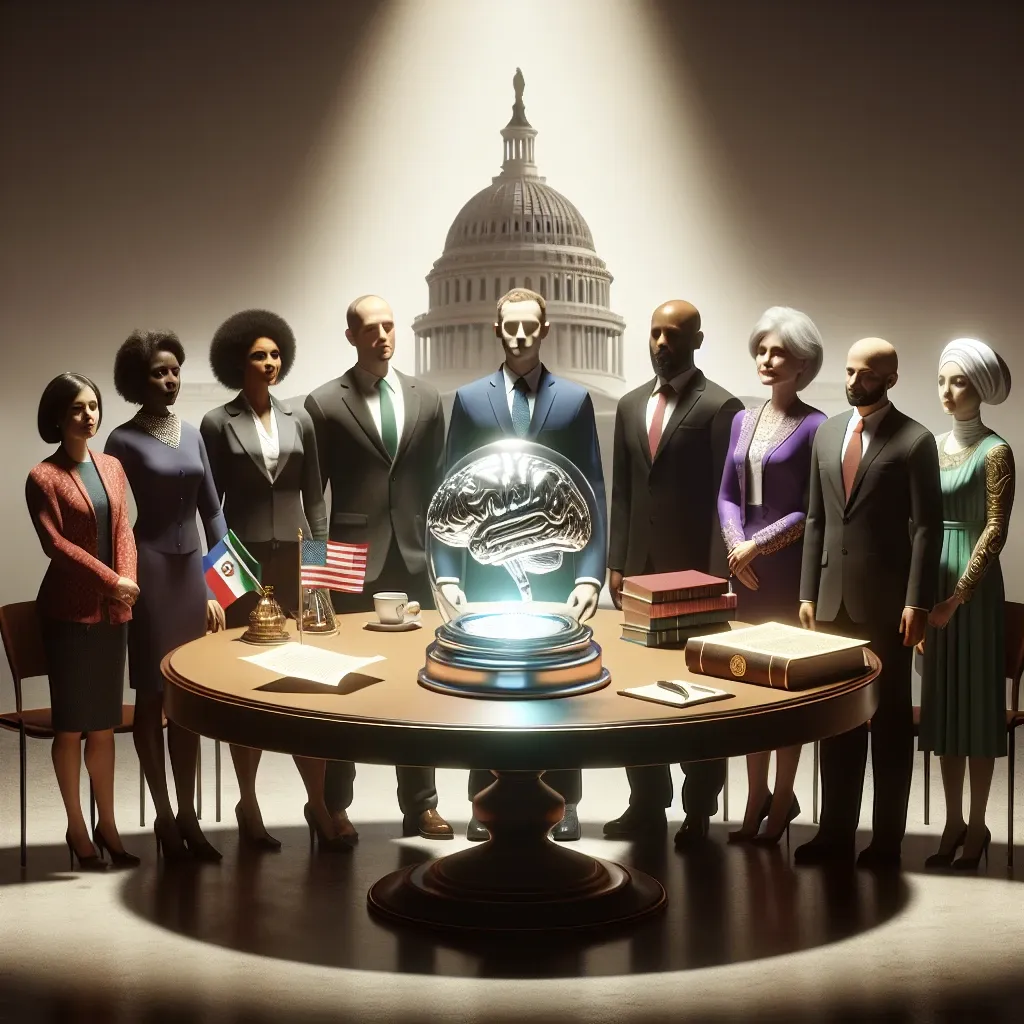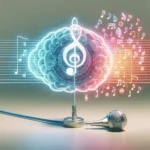Introduction
As artificial intelligence (AI) technology advances at an unprecedented pace, U.S. lawmakers are faced with the pressing challenge of creating a robust legal framework to address the copyright issues surrounding AI-generated content. The proposed regulations aim to clarify how copyright laws apply to AI, fostering a balance between innovation and the protection of intellectual property. This article delves into the key aspects of these proposals, their potential implications, and the ongoing debate within the legislative landscape.
The Current Landscape of AI and Copyright
AI has emerged as a transformative technology across various sectors, from creative industries to technical fields. The ability of AI systems to generate music, artwork, literature, and even code raises fundamental questions about authorship and ownership. Under current U.S. copyright law, only works created by human authors can receive copyright protection. This presents a conundrum: if an AI creates a piece of work, who holds the copyright? The situation becomes even more complex when considering the AI’s use of existing copyrighted materials in its training data.
The New Framework Proposal
The proposed federal framework addresses these challenges by establishing guidelines for how copyright law should be applied to AI-generated content. A few key points include:
- Defining Authorship: The framework aims to clarify the definition of authorship in the context of AI. It may propose that AI creations can be copyrighted but under specific conditions, such as the involvement of a human creator.
- Licensing Agreements: To ensure fair use of existing copyrighted materials in AI training, the proposal may introduce standardized licensing agreements, allowing AI developers to obtain the necessary permissions to use copyrighted works.
- New Categories of Copyright: The lawmakers are considering the introduction of new categories of copyright tailored for AI-generated works, which could help differentiate between human-created and AI-generated content in legal terms.
- Economic Considerations: The framework also addresses the economic implications of AI on creative industries. By ensuring that creators are compensated fairly, lawmakers aim to foster an environment where both human and AI creativity can flourish.
Implications of the Proposed Framework
The introduction of a new framework for AI copyright issues could have far-reaching implications:
1. Encouraging Innovation
By providing clarity on copyright issues, the proposed framework could stimulate innovation in AI technology and creative industries. Developers would have a clearer understanding of the legal landscape, encouraging them to invest in AI solutions without fear of infringing on existing copyrights.
2. Protecting Creators
For artists and content creators, the framework aims to ensure that their rights are protected in the age of AI. By establishing clear guidelines on how AI can utilize their works, creators can engage in collaborative projects with AI without sacrificing their intellectual property rights.
3. Potential Legal Challenges
As with any significant legal reform, the proposed framework may face challenges in its implementation. Legal scholars, industry experts, and creators may have differing opinions on the specifics of the proposal, leading to potential disputes and legal challenges in courts.
Historical Context
The dialogue around AI and copyright is not new. Over the years, there have been various attempts to address the intersection of technology and intellectual property rights.
Milestones in AI Copyright Discussions
- 1976 Copyright Act: This act established the foundation for U.S. copyright law, but it did not account for AI-generated works.
- Recent Court Cases: Landmark cases in recent years, including Authors Guild v. Google, have set precedents on how copyright law interacts with technology.
- International Efforts: Other countries have begun discussions on similar frameworks, providing a glimpse into how the U.S. could align its laws with global standards.
Future Predictions
As lawmakers continue to refine their proposals, several predictions can be made:
1. Enhanced Collaboration
We may see an increase in collaborative projects between AI developers and content creators. Clear guidelines will enable partnerships that leverage AI technology while respecting copyright laws.
2. Evolution of Copyright Law
The proposed framework could lead to a significant evolution of copyright law, impacting how we view creativity and authorship in the digital age.
3. Global Influence
The U.S. framework could serve as a model for other nations grappling with similar issues, influencing international copyright standards.
Pros and Cons of the Proposed Framework
Pros
- Provides clarity for AI developers and creators.
- Encourages innovation in technology and creativity.
- Protects the rights of human creators in an AI-driven landscape.
Cons
- May face legal challenges and pushback from various stakeholders.
- Potential loopholes that could be exploited by AI developers.
- Risk of stifling creativity if regulations are too stringent.
Expert Perspectives
Leading experts in copyright law and technology have weighed in on the proposed framework:
Dr. Alice Thompson, Copyright Law Expert
“The introduction of a new federal framework for AI copyright issues is essential. We must adapt our legal systems to reflect the realities of technological advancements, ensuring that both creators and innovators are protected.”
Mr. John Carter, AI Developer
“As an AI developer, I welcome the discussion around copyright laws. Clarity will not only protect creators but also allow us to explore new avenues for AI-generated content.”
Conclusion
The ongoing discussions among U.S. lawmakers to propose a new federal framework for AI copyright issues are a critical step in addressing the challenges posed by AI-generated content. As technology continues to evolve, so too must our legal systems. The proposed framework promises to provide clarity, protect creators, and encourage innovation, but it will require careful consideration and collaboration among all stakeholders. As we move forward, it is essential to strike a balance that fosters creativity while safeguarding the rights of those who contribute to the artistic landscape.



